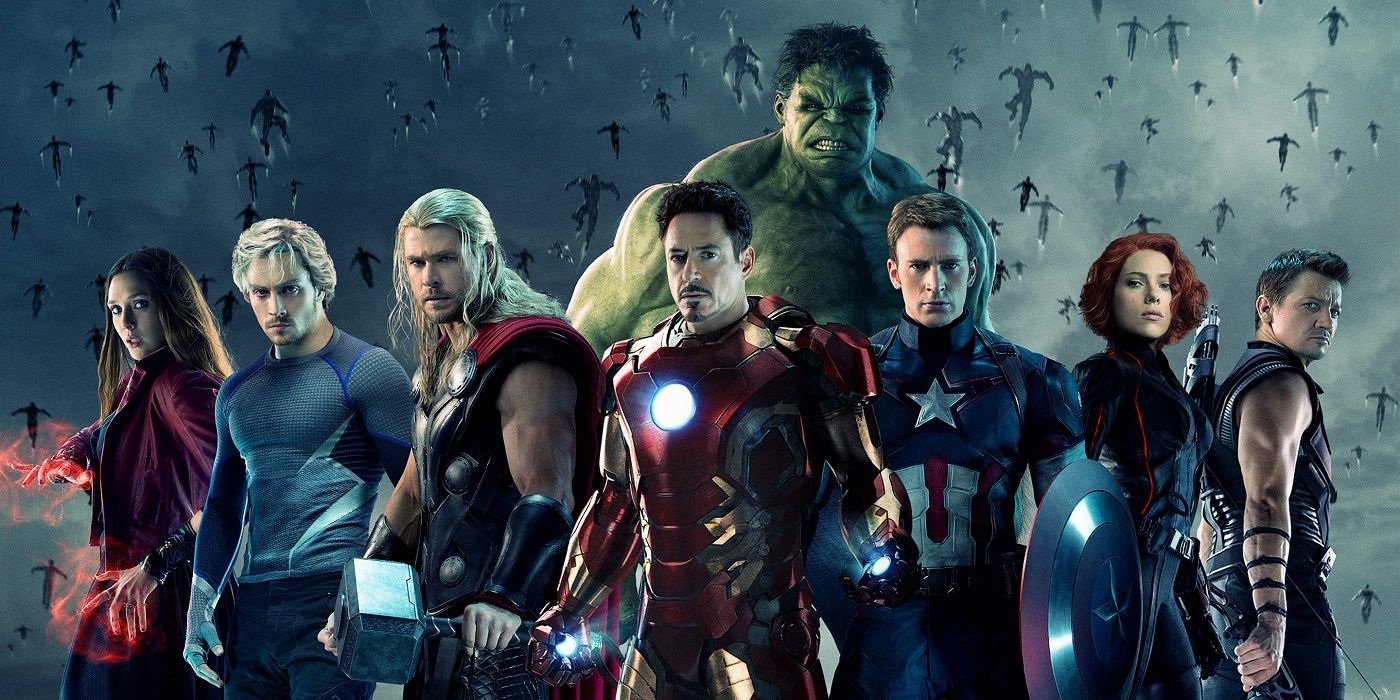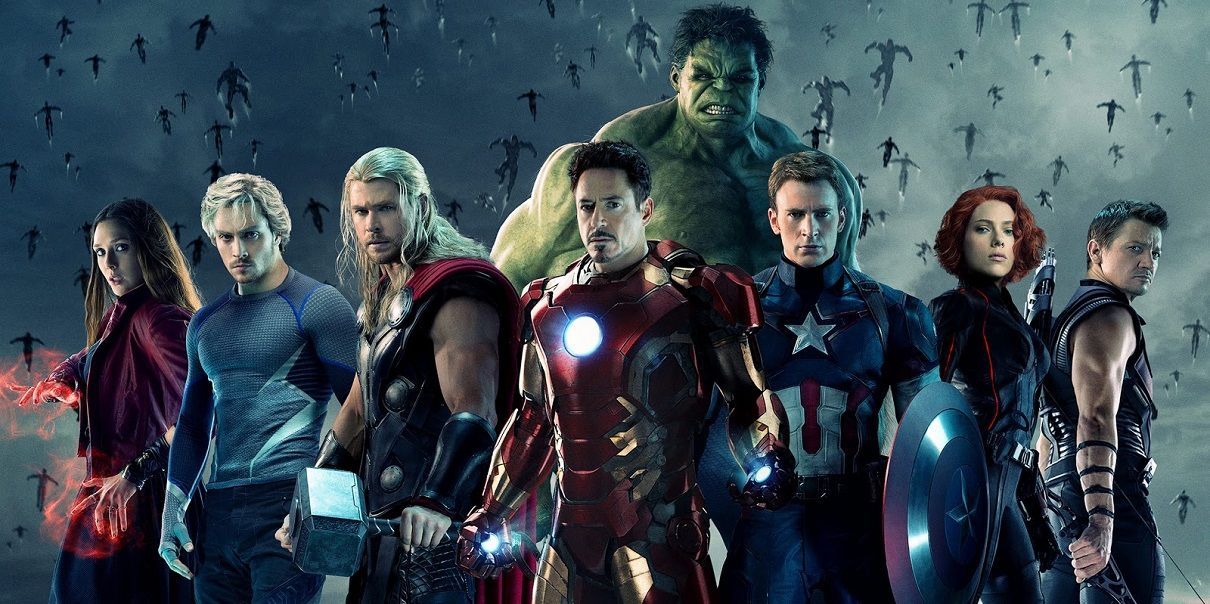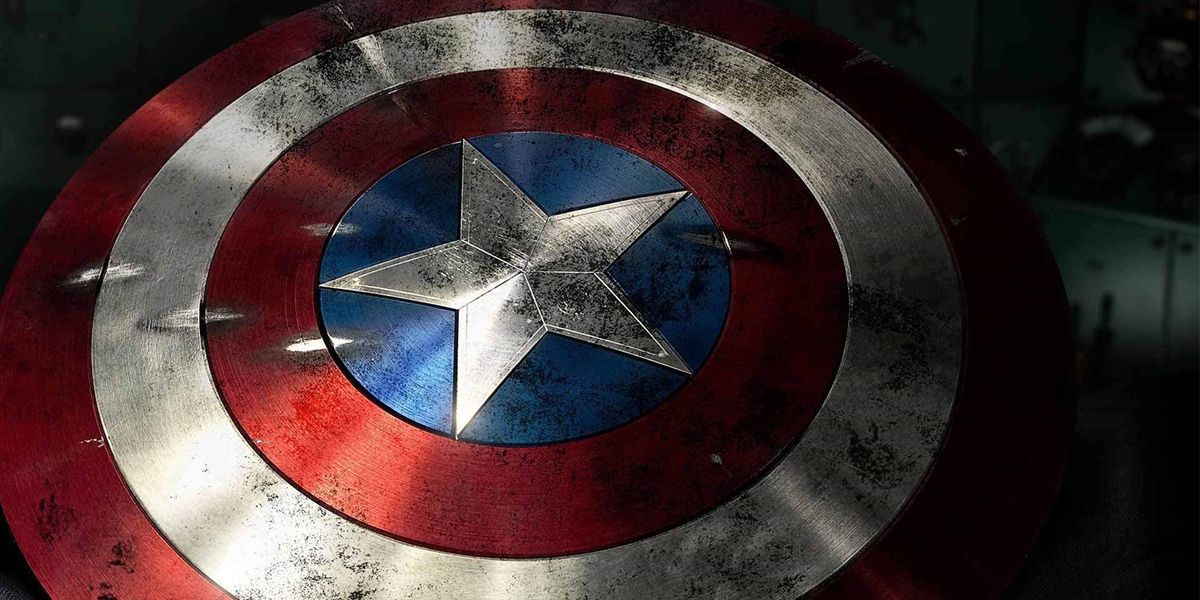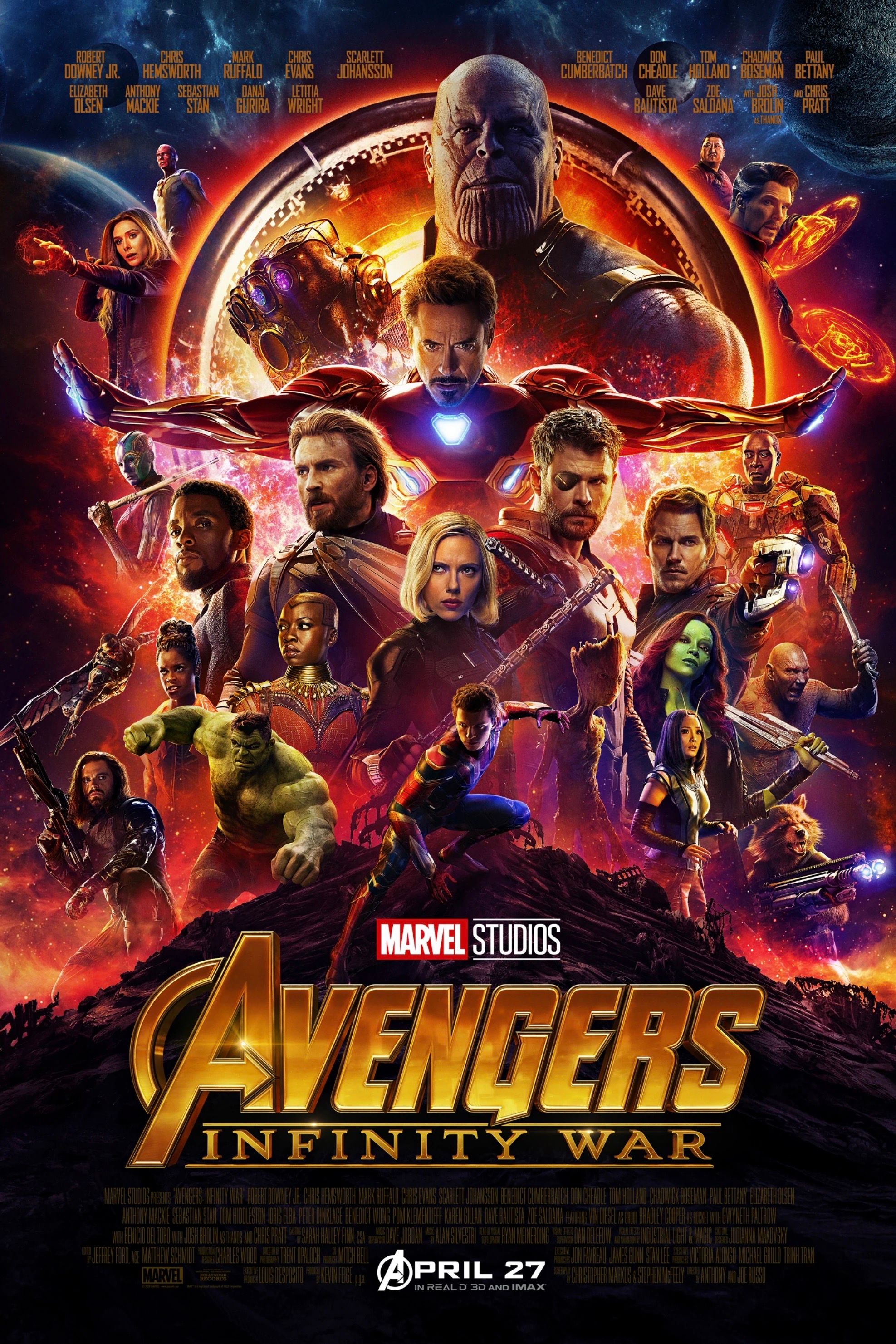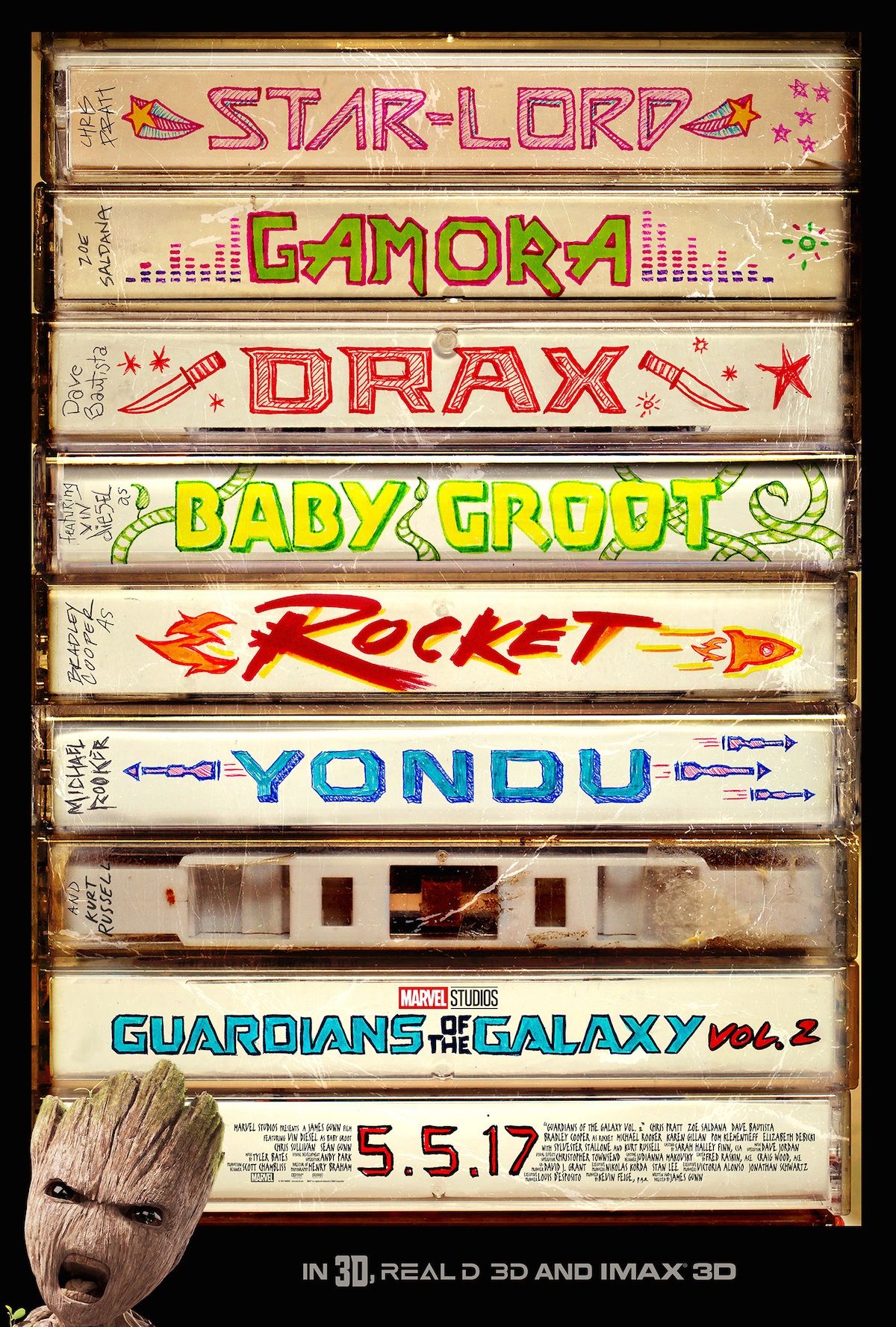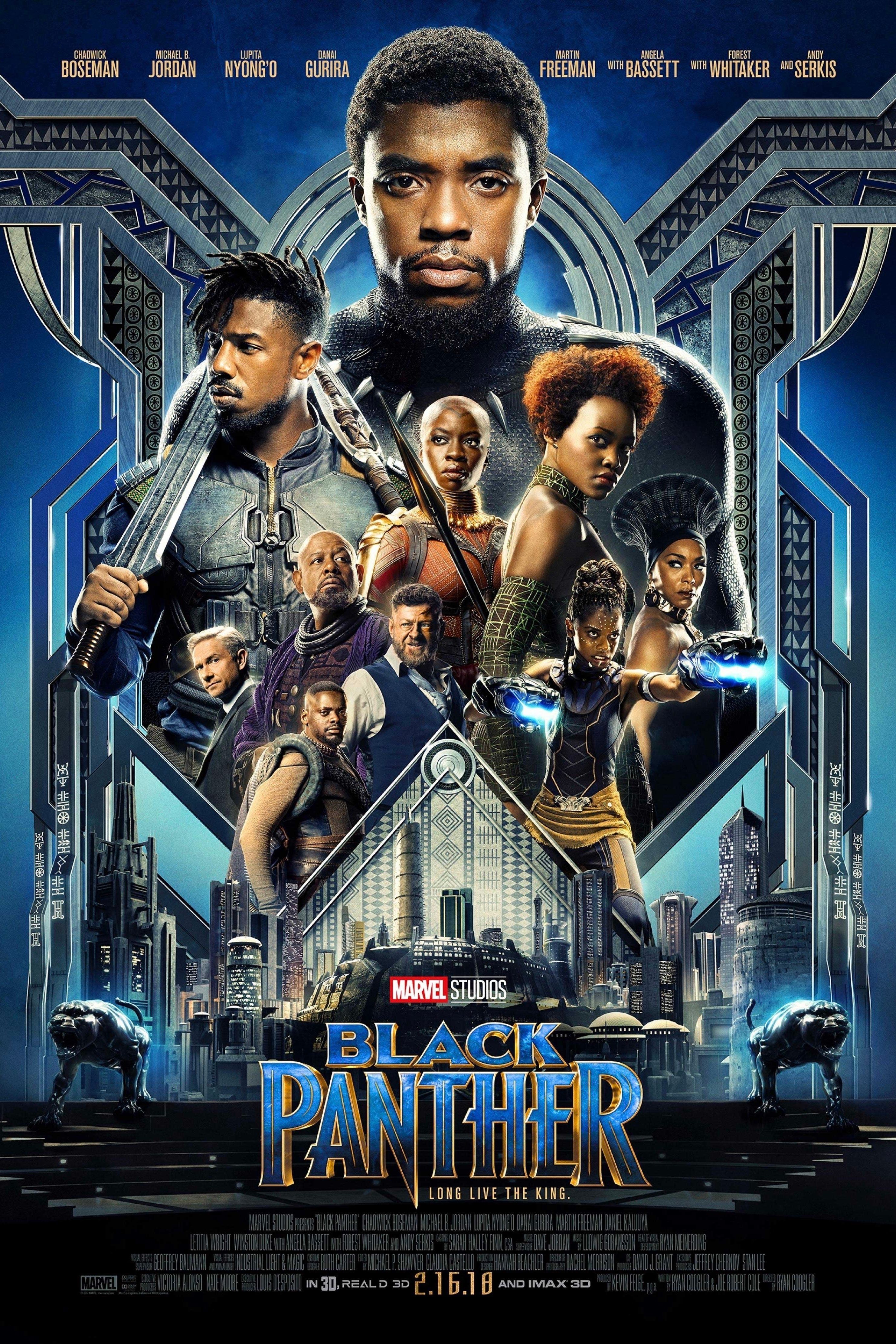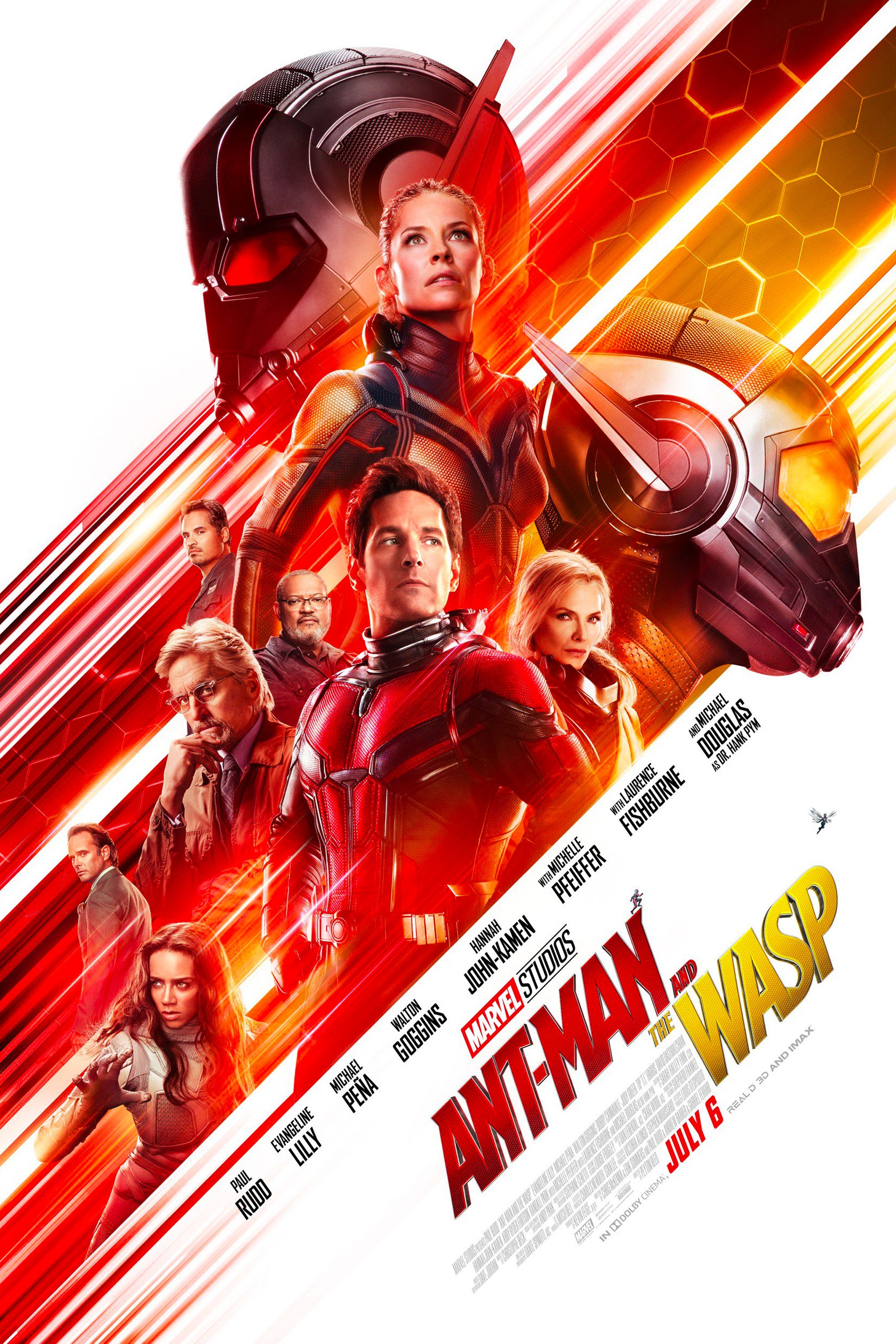Even though The Avengers: Infinity War has only just started production last week, we already know a fair bit about the film - including the fact that dozens of characters will make an appearance in it, and that it will feature several new planets. Given the title and concept art, we can also be reasonably certain that Thanos (Josh Brolin), the overarching villain of the overarching narrative thus far, will finally collect all six Infinity Stones and become, essentially, a living god.
It turns out we can learn quite a bit more about both the film's story and that of its still-untitled sequel by factoring into our analysis a key pattern: that every sub-franchise within the Marvel Cinematic Universe tell its own specific story first and foremost, with all other forms of world-building taking a backseat. Knowing this, the events of both the original Avengers and of Avengers: Age of Ultron can be used to predict what might come next – and the forecasting picture gets even brighter once we also incorporate those other series that have already reached their third installment.
Iron Man and Captain America
The Iron Man trilogy sets out as its most fundamental throughline the development of Tony Stark (Robert Downey, Jr.) from a crass, self-absorbed, narcissistic businessman to an engaged, narcissistic superhero who repeatedly puts his life on the line in order to make the world a better place for his fellow man – though he’s still going to play it for all it’s worth, getting as much personal attention and time in the limelight as possible. His business goes from manufacturing weapons to researching clean power; his love life goes from a series of one-night stands to a committed, loving relationship with his former assistant, Pepper Potts (Gwyneth Paltrow).
The Captain America series, meanwhile, traces the almost opposite storyline: Captain Steve Rogers (Chris Evans) starts off as a gung-ho military man, willing to give his all for his country at a moment’s notice. After Steve's own superhero origin story is told, he finds himself as an out-of-place (and-time) soldier who quickly finds that the only mission ultimately worth following is the one that he assigns himself, and that the only relationships to be trusted are not with his government but with his friends. Of course, the duplicitous ways of SHIELD and its former director, Nick Fury (Samuel L. Jackson), play a large part in this, but so does the landscape of the modern war – clear objectives are gone, and replacing them is a never-ending series of preemptive strikes, to kill one’s enemy before he even commits a (war) crime.
What’s interesting to note in both of these cases is that, at least within the confines of these characters’ headlining trilogies, the story ends with the protagonist giving up his superhero identity to one degree or another. Tony destroys all of his Iron Man suits and has the Arc reactor that’s implanted in his chest removed in order to concentrate all of his energies on his relationship with Pepper. Steve leaves behind his SHIELD commission, his government (and legal) standing, and his Captain America shield - shedding the identity of his youth layer by layer, bit by bit. In both instances, that’s remarkably psychologically deconstructive.
Of course, the farther outside of Iron Man 3 we get, the more we’ve seen that Stark hasn’t been capable of letting go of Iron Man to any substantial degree, causing Ms. Potts to be driven out of his life and, in a self-fulfilling cycle, Tony to double-down on being both Iron Man and an Avenger. We have yet to see what will come of Steve’s relationship with Cap and his status as leader of the so-called Secret Avengers – that’ll probably start to arrive in Infinity War.
Avengers and Avengers: Age of Ultron
Looking at The Avengers and The Avengers: Age of Ultron from this perspective, we can see a movie series that is predominately concerned with the familial relationships between a core group of characters – namely, the six original Avengers (with the focus later expanded to include additional members). It is the interactions between these characters that are key, making whatever world-ending threat may come along secondary to the interpersonal dramatics – pretty standard-issue for Marvel Studios by this point. There is no reason to believe that Thanos’ arrival will change this.
But there are two important corollaries to this. Firstly, the expansion of the Avengers roster is something that we see start to occur in Age of Ultron, and it will, obviously, continue with the third and fourth films, as nearly the entirety of the MCU movie pantheon will make an appearance. Even if a number of these individuals – such as the Guardians of the Galaxy cast – don’t come face-to-face with any of the others, we should still expect to see their personal dynamics be both narratively consistent and thematically congruous with the main group of protagonists. Everyone in this film will be an Avenger, honorifically if not technically.
Secondly, Thanos’s presence as the ultimate nemesis may be secondary to the films’ focus, but he’s actually been part-and-parcel of their plot from the very beginning. The first Avengers movie introduced the Marvel Cinematic Universe to the Mad Titan’s presence, while the second revealed that a fairly hefty chunk of the overarching story has been at his direct provocation - spinning out all of these various agendas to track down and claim the six Infinity Stones (in an even bigger parallel, both movies pack these tidbits in after-credit sequences). Viewers may get their first exposure to his personality and backstory in Guardians, and they might learn more about his Infinity Gauntlet in this year’s Thor: Ragnarok, but he is nonetheless just as much a part of the Avengers as any of the Earthbound heroes.
The idea of deconstructing our protagonists and their superhero identities that is seen in the solo trilogies can also be spotted in the Avengers sub-franchise - albeit taken a little more literally. In The Avengers, the six base teammates all have to learn how to work with one another, and in Avengers: Age of Ultron three-quarters of the unit ends up walking away by the end.
It just may be that, by the end of the fourth Avengers movie and the presumed defeat of Thanos, they are no longer needed, and the team can be retired as a functional entity - if not as a symbolic concept.

